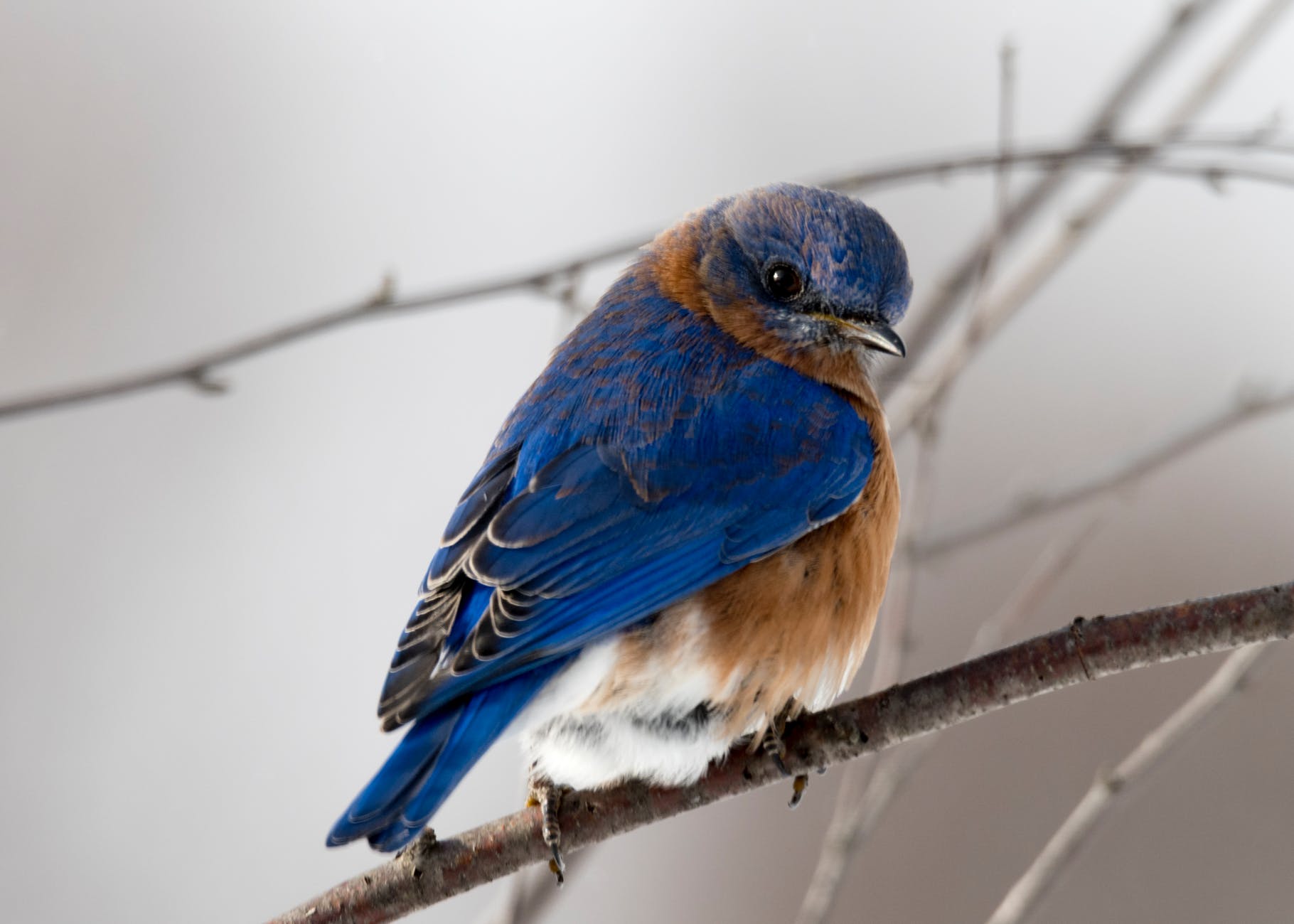Steven Universe has always enthralled me for its ability to create a scene. Where its humor falls short and its pacing leaves too many questions burning, the show’s best moments are among some of my favorites in media. When Steven Universe it at its peak, it’s with immaculate sound design, empathetic thought-provoking characterization, and brilliant dialogue.
Another reason why I give the show as much credit that I do is that it seems everything a show can do well, it has done once. A lot of its comedic episodes are tiring, but episodes like “Log Date 7 15 2” and “Hit the Diamond” are absolute perfection. It doesn’t have the best fight scenes, or art design and animation, unless you are specifically talking about the episodes “Super Watermelon Island” and “Mindful Education”. It’s those shining moments and the stringing from each to the next that causes the show and its story to resonate so strongly in my heart. No series has yet consistently made me feel the awe that Steven Universe does occasionally.
If there’s one thing that seemed consistent about Steven Universe, it was its ability to make me cry. Be it a simple, manipulative, early self-contained episode, or a plot-centric emotionally heavy episode, the tear ducts were that show’s home – it was made to live there and thrive. These last two seasons, on the other hand, were short on the tears. After “Mindful Education”, its most emotionally taxing episode yet, the season 4 well ran dry. “Storm in the Room” gets to me in retrospect, but that’s mostly it.
I thought that the lack of sad setpieces, successors to Pearl’s scream on the mountain, Amethyst’s existential quandary, and the story of Centipeedle, was the show’s problem, but season 5 has proven me wrong.
It’s fine enough that Steven Universe became good again. The first half of season 5 was plenty good, but that didn’t make it the same caliber of show that my favorite moments had been in; it was Steven Universe finishing the season with an onslought of its best episodes that floors me.
Eight episodes in a row of bombshells, drama, and great moments centered around the series’ grand reveal, and not a single tear shed. There were sad parts, happy parts, and intense parts, but I wasn’t crying. I was excited. I was overwhelmed. I was hungry for more.
Learning the confirmed complexities of Pearl’s origins, meeting the Diamonds as people, and getting Bismuth back were moments of pure hype. Where Garnet’s first fusion onscreen is a moment of crying from joy, and her first ever fusion is a process of discovery and fear, her most recent fusion was a triumph. All of the world and character building the show built up is now front and center. So perhaps we will no longer chart the emotional hills and valleys of this cast, but see what carved them out, and what they will carve out in turn. The story is moving! The end is in sight! I hope every tear will be worth the while.
Steven Universe will air two more episodes this year after this post goes up, but cheers to the eight we have gotten so far, and a new era.
